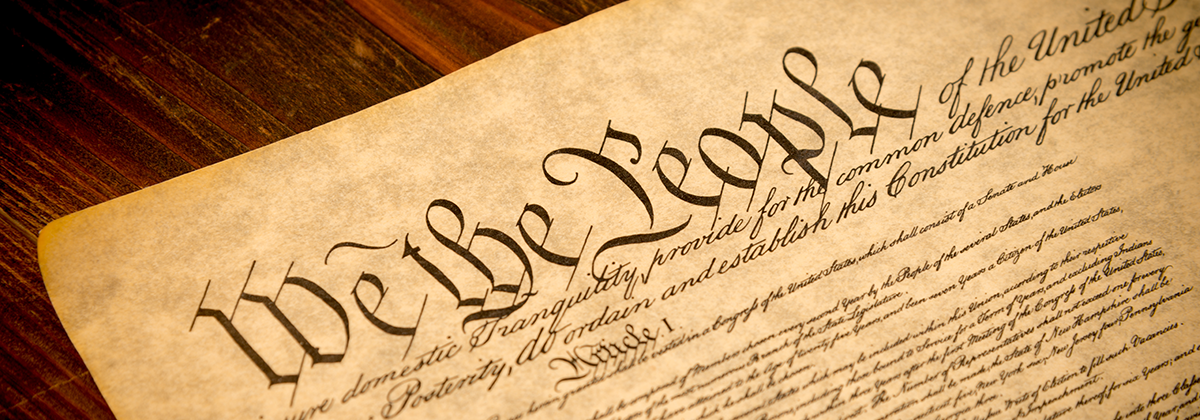Have you considered the Seventh and Eighth Amendments as guardians of Justice and Liberty for We the People? The Seventh Amendment protects the right to a jury trial in (federal) civil cases. This was a big deal to the Anti-Federalists, so much so that James Madison had to construct this amendment and add it to our Bill of Rights. Our forefathers recognized the right to a jury trial in civil cases based on the people’s rights in English Common Law (going back to the Middle Ages).
The Seventh Amendment and Trial By Jury
We should be aware that the right to a jury trial limits federal power. The federal government and judges have less power when We the People serve on juries. The duty of all jurors is to judge the law and the facts. That is, if a criminal is charged with a crime, the jurors can judge the law as unjust/unfair based on the facts. We don’t hear of this as often as we should. If we did, more people would be willing to serve on jury duty! Government and judges don’t like to surrender their power. It’s natural. However, our Founders knew this and responded by adding trial by jury in civil cases in the Seventh Amendment.
In my Constitution classes, we learn that a judge cannot substitute his/her opinion for that of the jury unless said judge determines that no reasonable jury could have reached their conclusion. In other words, there is a power check on the law, facts, jury, and the government courtesy of our Seventh Amendment.
How the Eighth Amendment Preserves Justice and Liberty
The Eighth Amendment prohibits excessive bail, fines, and cruel and unusual punishments. Bail intent is to prevent the defendant from fleeing, and it cannot be more than necessary to ensure the defendant’s appearance in court. Keep in mind that in this country, our Constitution presumes our innocence until proven guilty. Therefore, the defendant retains the right to be free until conviction unless they pose a threat or are likely to flee.
Again, relying on historical precedent, the Magna Carta defines excessive fines as depriving the defendant of a living. The fine must fit the crime but not deprive the defendant of their ability to support themselves.
You certainly know what unreasonable torture is. Consider the treatment of the incarcerated in other countries. Mutilation, organ harvesting, and more would fall under this category. Our country cannot use these methods, as they are cruel, unusual, and inhumane by Constitutional standards.
However, standards have evolved to the point that many consider capital punishment as “cruel and unusual.” We will not debate this here today. This post aims to familiarize readers with the Seventh and Eighth Amendments, not debate cruel and unusual punishment definitions. Suffice it to say that I teach my students this: our Constitution Framers would not have considered capital punishment as cruel and unusual. They were more likely to consider it as a deterrent to crime.
The Connections Between the Seventh and Eighth Amendments
The Seventh and Eighth Amendments safeguard our individual rights against federal government overreach. These protections must be defended in each generation. We do this by adhering closely to the Framers’ original intent, maintaining constitutional fidelity rather than cultural changes in words and meanings. The duty of eternal vigilance belongs to Americans in each generation.
In Conclusion
The roles of the jury system (Seventh Amendment) and protections against cruel and unusual punishment (Eighth Amendment) are of utmost importance in preserving Justice and Liberty in our Constitutional Republic.
This is Common Sense Civics and Citizenship.🇺🇸
We have been studying the Amendments. You can find other recent articles here:

